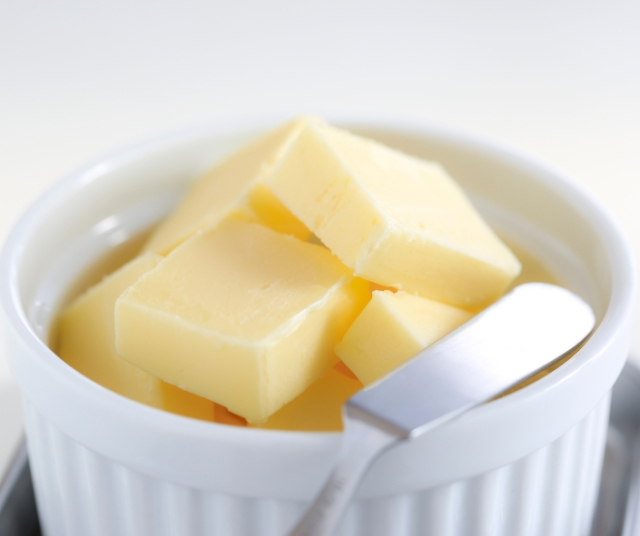Lipids, also known as fats, are an essential part of a balanced and healthy diet. Although they have long been misunderstood and feared, lipids play fundamental roles in the functioning of the human body, from providing energy to forming important cellular structures. In this article, we will explore in depth the importance of lipids in the diet, the recommended daily intake amount, and healthy sources of lipids that can be included to promote optimal nutrition and well-being.
Importance of lipids in the diet.
Lipids are essential macronutrients that fulfill various vital functions in the body. Although they are often associated with negative aspects, such as weight gain and cardiovascular disease, lipids are essential for:
Energy Reserve: Lipids are a concentrated source of energy, providing more than twice as many calories per gram compared to carbohydrates and proteins. This energy reserve is especially useful during periods of fasting or prolonged exercise.
Cellular structure: Lipids form the cell membrane, a barrier that surrounds and protects cells. Additionally, certain lipids, such as cholesterol, are key components of cell membranes and play a vital role in cell signaling.
Absorption of fat-soluble vitamins: Fat-soluble vitamins, such as vitamins A, D, E, and K, require the presence of lipids for efficient absorption in the small intestine. Lipids act as transport vehicles for these vitamins through the digestive system.
Hormonal regulation: Lipids are precursors to steroid hormones, including sex hormones such as estrogen, progesterone and testosterone, as well as adrenal hormones such as cortisol and aldosterone.
Brain function: The brain is largely made up of lipids, and healthy fats are vital for cognitive function, brain development, and overall mental health.
How many lipids should we consume daily?
The amount of lipids a person should consume daily varies depending on several factors, including age, sex, physical activity level, health status, and individual nutritional goals. However, general guidelines recommend that lipids constitute 20% to 35% of the total calories consumed in a day.
Practical example:
If a person consumes 2,000 calories per day, the recommended lipid intake range would be between 44 and 77 grams per day.
It is important to keep in mind that not all lipids are the same, and the quality of the fats consumed is as important as the quantity. Therefore, it is essential to prioritize healthy sources of lipids, such as monounsaturated and polyunsaturated fats, while limiting the intake of saturated fats and trans fats.
Healthy sources of lipids.
Below are some healthy sources of lipids that can be included in a balanced diet:
Olive, avocado and nut oils.
These sources are rich in monounsaturated fats, which have been shown to have positive effects on cardiovascular health by lowering LDL ("bad") cholesterol and increasing HDL ("good") cholesterol. They can be used for cooking, salad dressing or as healthy snacks.
Fatty fish such as salmon, tuna and sardines.
These fish are rich in omega-3 fatty acids, which are known for their benefits for cardiovascular health, brain function, and eye health. It is recommended to consume fatty fish at least twice a week.
Chia, flax and sunflower seeds.
These seeds are excellent sources of omega-3 and omega-6 fatty acids, as well as fiber, protein and antioxidants. They can be added to smoothies, yogurts, salads or baked goods to increase their healthy lipid content.
Eggs from free-range chickens.
Eggs are a complete source of protein and healthy fats, including monounsaturated fats, polyunsaturated fats, and omega-3 fatty acids. They can be consumed in various forms, such as scrambled, cooked, baked or in tortillas.
Avocados and olives.
These fruits are rich in monounsaturated fats and contain a variety of vitamins and minerals important for health. They can be enjoyed alone, sliced, as a garnish, or as ingredients in cooked dishes.
Low-fat dairy products.
Greek yogurt, cottage cheese, and skim milk are good sources of protein, calcium, and healthy fats. They can be consumed as snacks, accompaniments or ingredients in healthy recipes.
Sustainable coconut oil and red palm oil.
Although high in saturated fat, these oils contain medium-chain fatty acids that may have health benefits, such as increasing metabolism and promoting weight loss. They can be used sparingly in cooking or for skin and hair care.
Peanut butter and other nut butters.
These butters are rich in healthy fats, protein, and fiber, and can be a delicious and nutritious addition to a balanced diet. They can be spread on whole wheat bread, added to smoothies, or used as ingredients in healthy recipes.
Lipids are essential nutrients that play vital roles in the health and well-being of the human body. Although it is important to consume lipids in adequate amounts as part of a balanced diet, it is also crucial to choose healthy sources of lipids, such as monounsaturated and polyunsaturated fats, while limiting the intake of saturated fats and trans fats. By doing so, we can promote cardiovascular health, manage weight, and maintain a healthy lifestyle in the long term.






